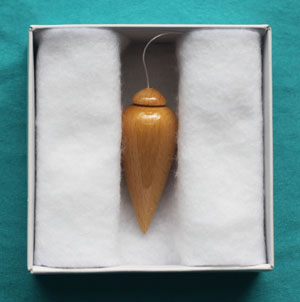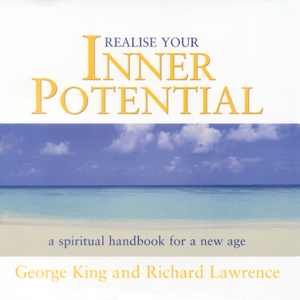We all have psychic and intuitive abilities, although in most of us they are latent. For some, intuition is something they can use in their daily lives. But for most people, these abilities need developing first in order to bear fruit. There are many different ways to develop them.
Psychic abilities normally refers to specific things such as clairvoyance (the ability to gain psychic impressions of the future or to see the aura of another person), or psychometry (the ability to gain psychic impressions by touch). Whereas intuition can reveal information from our subconscious or superconscious mind.
Spiritual practices
There are many different spiritual practices which, whilst they may not have developing the intuition or psychic abilities as their goal, nevertheless have that effect. An example of this would be spiritual healing.
In spiritual healing, the healer is a conduit for spiritual energies to flow to the patient. Over time, this energy flowing through the healer will gradually develop their psychic centres. So even though developing oneself is not the motive (and it is best not to have this as the motive in the case of healing), this may still be the outcome of giving regular healing.
Pendulum dowsing
Pendulum dowsing is an excellent way to tap into and develop your intuition. Through dowsing with a pendulum we are able to see a physical demonstration of the way our subconscious and higher consciousness responds to certain questions.
Once we have determined which way the pendulum swings for a ‘yes’ or ‘no’ response – and this is very easy to do – then with some practice, we can use the pendulum to help us in our daily lives. A good example is in determining which foods and/or nutritional supplements may be good for us.
At The Aetherius Society we run regular workshops on how to use a pendulum.
More information
You can find out more about these topics – plus a lot more – in the book Realise your inner potential, by Dr George King and Richard Lawrence. This includes a number of simple exercises to help develop these abilities.

